In the summer of 2022, Mo Salah signed a new three-year Liverpool contract, but it was not a straightforward process. In an extract from a new book about the Egyptian, we discover how the club negotiated the deal:
Extract from ‘Chasing Salah: The Biography‘, written by Simon Hughes.
One thing each party could agree on was the length of a new deal. Another three years would potentially see Salah remain at Liverpool until he was thirty-three.
The main sticking point was the balance between fixed pay and bonuses. Liverpool wanted to weigh a deal more in favour of Salah’s performance while the player and his agent wanted greater guarantees.
Ramy Abbas was adamant that any variable agreement should be based on his output over the previous seasons rather than any expected decline because of his age. This would see the total value of his contract increase ‘significantly’, making Salah the highest-paid player in Liverpool’s history.
It was the player and his representative’s view that, ultimately, Liverpool’s insistence on the contract being weighted heavily on incentives made any deal more complex, contributing towards the whole process dragging on.
Abbas and Salah came up with a strategy to move it along and to react to certain events taking place in any subsequent negotiations. The discussions between Dubai and El Gouna involved consideration as to whether or not Salah’s remuneration for goals and assists should be capped, and whether these bonuses should be paid as they happened on the pitch or as a lump sum when milestones were passed.
Abbas also knew that Ward was keen to ensure that certain team-related performance bonuses were dependent on Salah’s contributions. Abbas calculated Liverpool would be interested in seizing some of the player’s image rights.
His projected earnings over the next few seasons were between €54 million (£45 million) and €62 million (£52 million) per year. If the club could benefit from using Salah’s name and face financially, it might prompt them to drive up their own offer to the player.
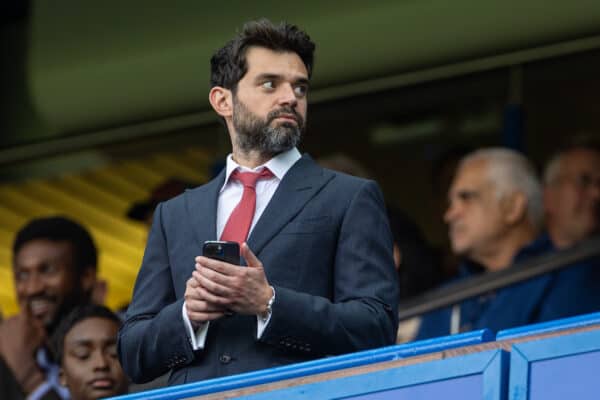
Abbas knew he was taking a risk. What if Liverpool stalled or walked away from the table entirely, then Salah got injured the following season? He spoke to the player about taking out extra medical insurance, though it was the lawyer’s view that a long-term playing contract was the ‘best insurance you can have’.
For Abbas, it was the toughest deal of his career. It would have been easier for Salah to move on and join another club. Yet he fired off an email with the player’s final proposals to Gordon and waited.
Re-signing Salah ended up costing Liverpool nearly £55 million. His three-year contract was worth £350,000 per week basic. If he did well for Liverpool, that figure would be pushed towards £400,000. It easily made him the highest-paid player in the club’s history.
— Liverpool FC (@LFC) July 1, 2022
Mike Gordon had steered the negotiations entirely but Julian Ward was pictured on the photographs when Salah signed the deal beside Ramy Abbas on the Greek island of Mykonos, where he was enjoying another holiday.
Deep down, Abbas had been wondering whether or not Liverpool really wanted to do the deal because of their reluctance. When the offer came through that clinched an agreement, he even sensed that Liverpool secretly hoped they might reject it.
Klopp, meanwhile, was relieved the saga was over. “It’s the best decision for us and best decision for him,” he said. “He belongs with us I think. This is his club now.”
Klopp understood that Salah was one of the best players in the world and this meant negotiations were always going to be far from straightforward.
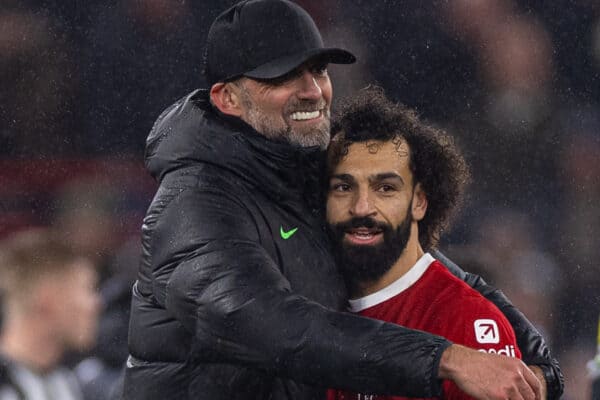
“I have no doubt Mo’s best years are still to come,” he added. “And that’s saying something, because the first five seasons here have been the stuff of legend. Fitness-wise, he’s a machine – in the most incredible shape. He works hard on it and he gets his rewards. His ability and his skill level get higher each season, and his decision making has gone to another level also. He is adored by his teammates. As coaches we know we work with someone special. It means we can achieve more together.”
Salah’s willingness to commit to a variety of performance-related bonuses relating to goals and assists was a sign of the confidence in himself. “I feel great and I am excited to win trophies with the club,” he said. “It’s a happy day for everyone. We are in a good position to fight for everything.”
Except, Salah was largely unaware of an upheaval behind the scenes at Liverpool that would impact upon the way the club recruited its players over the next two seasons and would have a major bearing on the team’s output.

After barely six months as sporting director, Ward was beginning to feel that the balance of power at Liverpool was tilting further towards Klopp. Rather than reaching decisions by consensus, the manager and the owners were increasingly working things out between themselves, with Ward acting on instruction.
Other departments were left in the dark over key decisions. This contributed to the departure of Ian Graham, the club’s head of research, who handed in his notice soon after a recruitment meeting in the summer of 2022 that lasted barely ninety minutes.
At the end of the meeting – which also involved Klopp and the owners – everyone outside the inner circle was informed that Liverpool were signing Darwin Nunez from Benfica for what would potentially be a record transfer fee of £85 million, if the Uruguayan forward hit certain milestones.
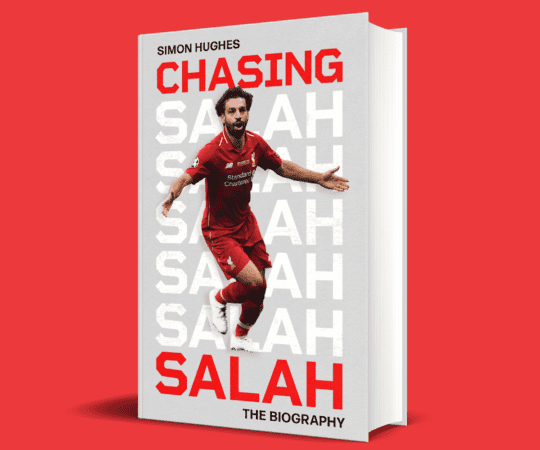
Members of Liverpool’s data team had looked at Nunez and were uncertain that he would fit the team’s style. While Sadio Mane was replaced by Luis Diaz earlier that year, with Ward taking much of the credit for getting the deal over the line despite competition from Tottenham Hotspur, Nunez was essentially coming in to succeed Roberto Firmino.
Both Nunez and Firmino were willing runners, but they were effective in different areas of the pitch, with Firmino often dropping deeper and Nunez more dangerous higher up. Firmino was a play-maker, bringing others into the game, while Nunez was viewed as more of an individual whose game needed rounding off.
The above is an extract from ‘Chasing Salah: The Biography‘, written by Simon Hughes. It is out now in hardback, eBook and audio here.

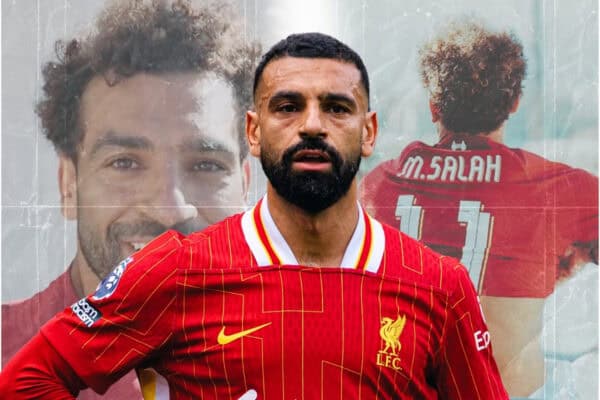
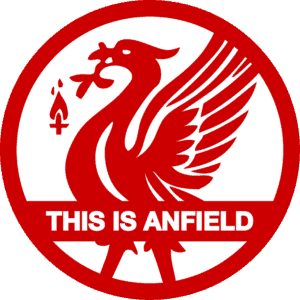




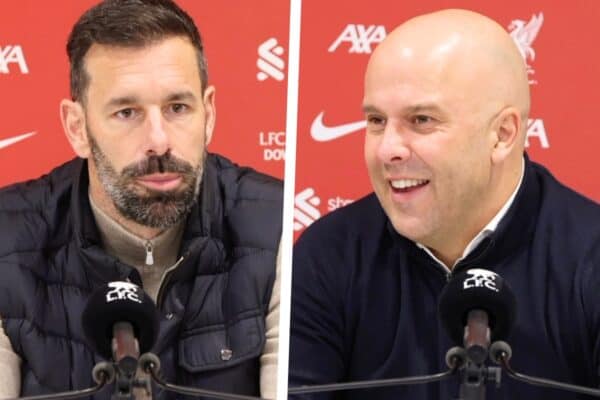
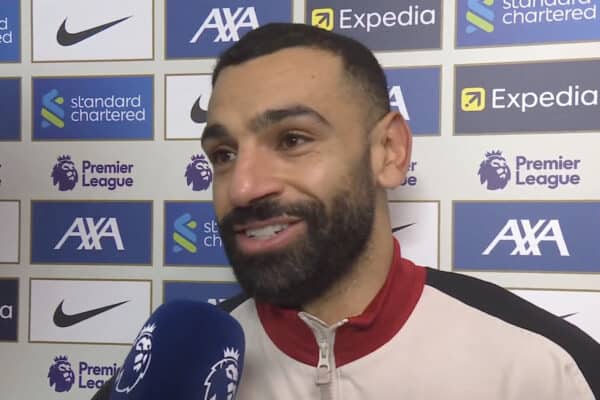
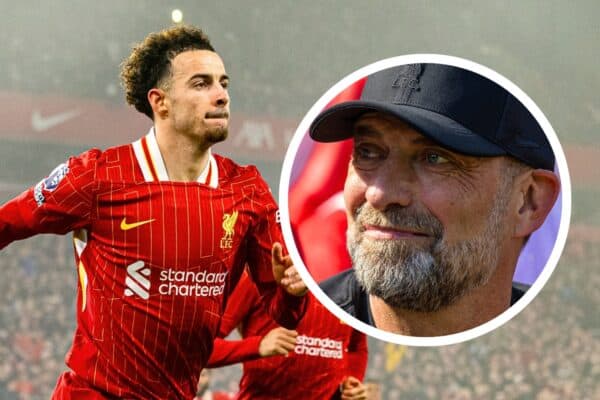
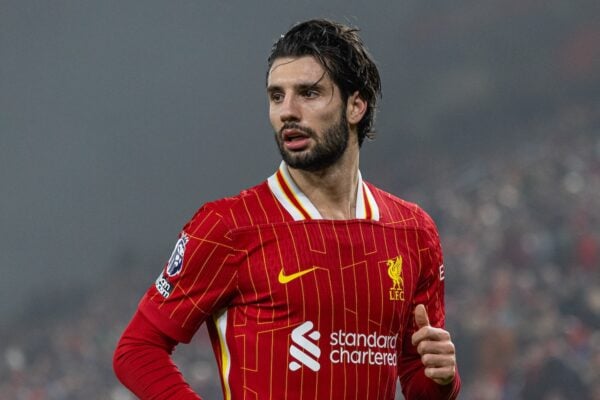
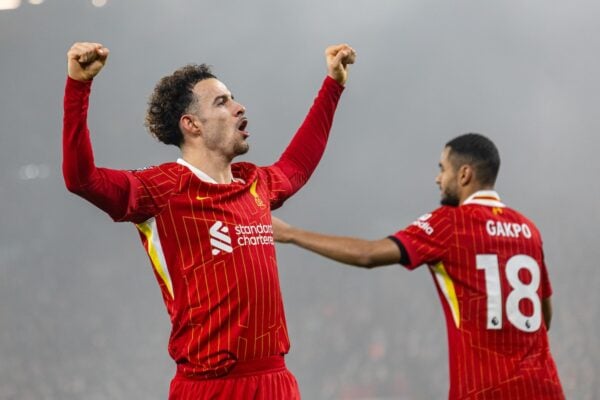
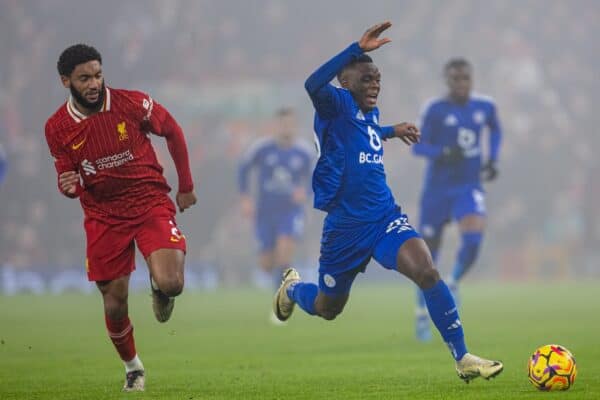
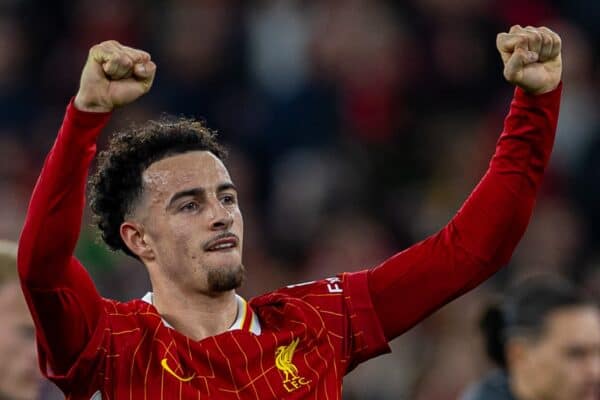
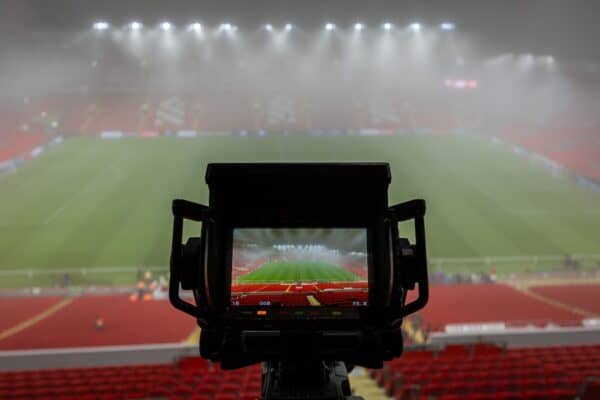
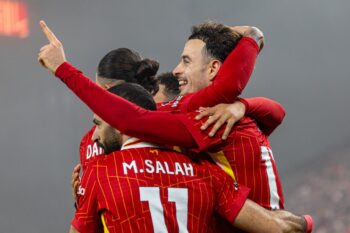


Fan Comments